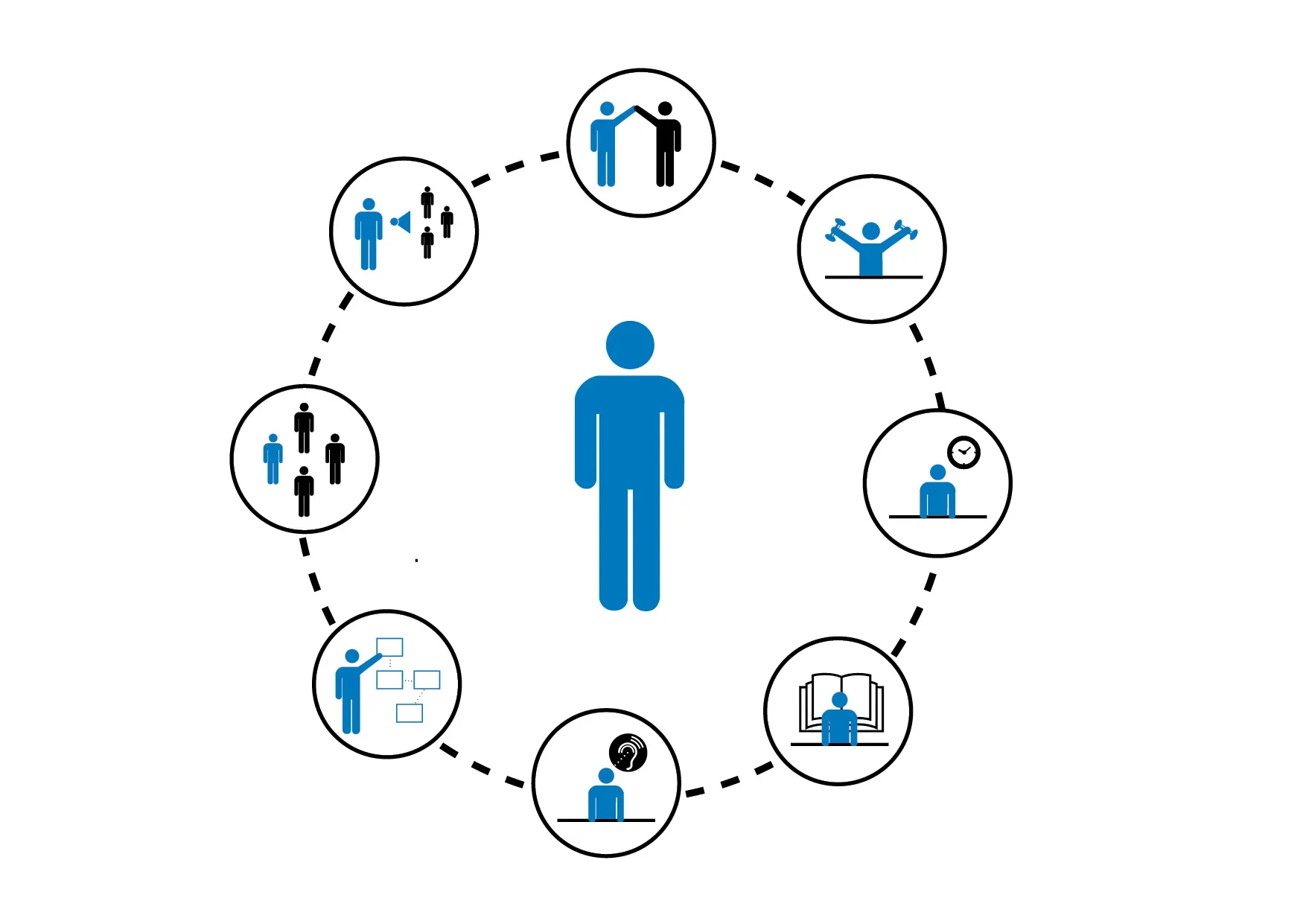
Traditionally, soft skills were viewed as a secondary bonus to an applicant’s technical skill set; however, in today’s extremely competitive job market, employers are looking for proof of a mix of both hard and soft skills. In fact, recruiters will view a lack of demonstrated leadership or extracurricular activities on your resume as a potential red flag.
Illuminating this fact is a study which shows that 60% of managers agreed that soft skills are the most important factor when evaluating an employee’s performance. Recognizing the extreme importance of soft skills, The Department of Labor (DOL) developed an entire curriculum on the subject entitled, “Soft Skills to Pay the Bills: Mastering Soft Skills for Workplace Success.”
Targeted toward teens and young adults, this program was created as an introduction to workplace interpersonal and professional skills. The DOL’s list of key soft skills is very similar to OITE’s core competencies; it includes:
- Communication Permeating almost every aspect of a job, this skill is often ranked first among employers. It includes your ability to speak, write and present.
- Enthusiasm & Attitude Employers get frustrated with employees who are resistant to change or unable to adapt to new directions. Having an open and upbeat attitude will help your group generate good energy and move forward on projects.
- Teamwork There will be aspects of teamwork within every job. Leaders and project managers often lament that most of their jobs are spent trying to get colleagues to work effectively together. Therefore, it is essential to your career to work cooperatively and be able to participate in group decision-making.
- Networking Like teamwork, networking is about building relationships. It also involves critical elements of communication and the ability to represent yourself effectively to others.
- Problem Solving & Critical Thinking There is no shortage of challenges and issues that can arise on the job. Employers want employees who will be able to face these problems critically and creatively by gathering enough information in order to develop a solution.
- Professionalism No matter the job or the industry, professionalism is a critical key to your success. Professionalism isn’t one trait – it is a combination of characteristics. It often means conducting yourself with a high level of responsibility, integrity and accountability. Part of professionalism is having a strong work ethic and being willing to go that extra mile. Another integral component is being dependable, trustworthy, and always following through on your projects.
Soft skills are no longer undervalued by employers. Make sure you are practicing these skills in your current position and/or seeking out opportunities to develop these skill sets.
You will not only be helping your professional development, but you will be especially thankful the next time you are in an interview and they ask you a common behavioral question like “Tell me about a time when you had to utilize effective communication skills within a group setting,” and you have a stellar anecdote to share.




